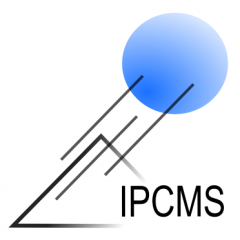Fernanda de Avila Abreu (Microbiology Institute, Federal University of Rio de Janeiro (UFRJ)
Résumé :
Magnetotactic microorganisms are capable of synthesizing membrane-enclosed intracytoplasmic magnetic nanocrystals. The ability to produce these structures is shared among living beings that use the geomagnetic field as a form of guidance in migratory processes. Due to their structural simplicity concerning macroorganisms, magnetotactic bacteria have been widely studied regarding the synthesis of magnetic nanocrystals and magnetic orientation. The nanocrystals produced by magnetotactic bacteria have a narrow size range, consistent shape, chemical purity, crystallographic perfection, and stable properties. Furthermore, the synthesis process is considered entirely sustainable. Therefore, scaling up the production of these magnetic nanoparticles of biological origin, as well as innovative biotechnological approaches, are being studied towards a sustainable future.
Contact : Ovidiu ERSEN, ovidiu.ersen@ipcms.unistra.fr
Prochains évènements
Retour à l'agendaSéminaire DSI présenté par Gracie Chaney
Titre : “ Machine learned interatomic potentials as a tool for studying complex chemical systems ”
Séminaire AXE 1 "Sciences et Matériaux Quantiques" présenté par : Patrick Potts
Titre : Active quantum reservoir engineering - Using a qubit to manipulate its environment
